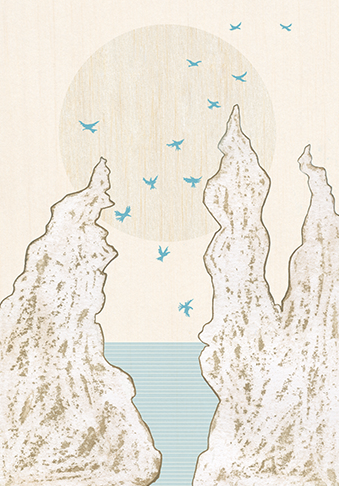Traditional and modern crossing process exchange in a Buddhist–Muslim society
Case studied: Zangskar valley in the great Indian Himalayas
DOI:
https://doi.org/10.30664/ar.65904Keywords:
Diversity, India, Himalaya, Zangskar, Money, Butter, Barley, cash, exchanges, hierarchyAbstract
Economic exchange in the Zangskar valley (in the high Indian Himalayas) was a tightly integrated element of the social and political network of this Buddhist–Muslim society . Accordingly people of the lower stratum could not take part in the exchange and circulation of wealth coming from farming; the only way to have a role in the circulation of goods is by using cash.
Since 1970, paid civil servants and the development of tourism and facilities have opened up cash exchange. Nowadays being able to procure manufactured goods by integrating into the Indian monetary exchange system has become synonymous with social success.
Based on an ethnographical study carried out since 2000, this article proposes to show how the use of goods and green or stamped money for economic exchange impacts on and is impacted by the religious diversity of the population of Zangskar, which is not immune to influences emanating from the wider social, political and economic environment.
Downloads
Published
Issue
Section
License
Copyright (c) 2017 Salome Deboos

This work is licensed under a Creative Commons Attribution-NonCommercial-NoDerivatives 4.0 International License.









